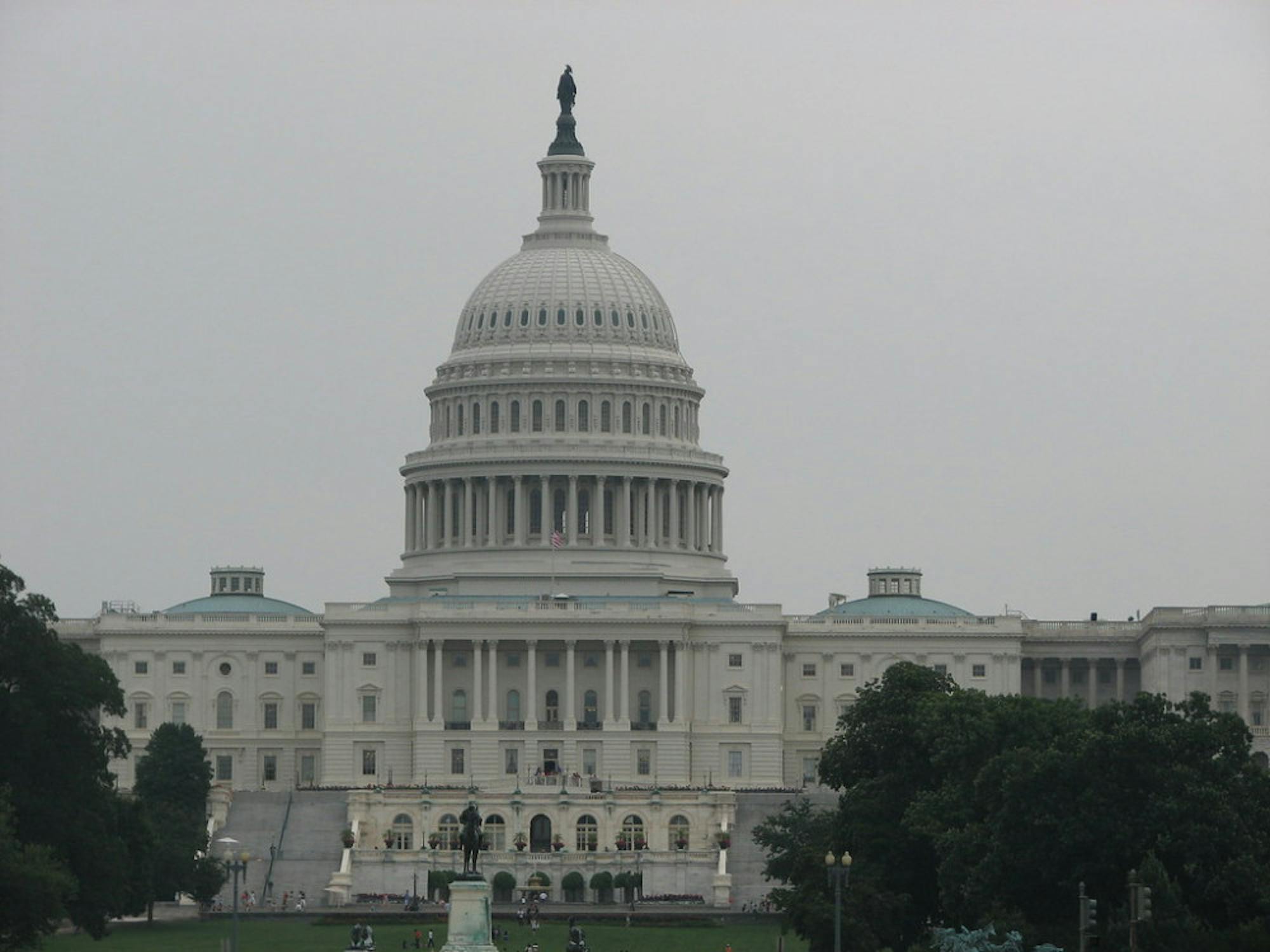
Arkansas Gov. Asa Hutchinson signed into law one of the most restrictive abortion bans in the country on March 9. Senate Bill 6 only allows abortions in instances neccessary to preserve the life or health of the fetus or mother. The ban alarmingly provides no exemptions to cases of rape or incest. Under the law , performing an abortion notwithstanding exceptions qualifies as a felony and can evoke a fine of up to $100,00 or jail time. A historically conservative state, Arkansas has traditionally withheld classic conservative values regarding women’s and civil rights. While the abortion ban aligns with the state’s traditionalist rhetoric, the ban is not only a stab at the current vulnerability of liberal precedents but also sends a message to current progressive politics: the conservative opposition has not gone anywhere, and we must work to combat it.
With a conservative majority in the Supreme Court, past precedents such as Roe v. Wade face contention. Without the protections of Roe v. Wade, first trimenster abortions, which states cannot restrict, could be restricted and access to safe and private abortions could significantly decrease. Only four of the nine Supreme Court justices need to agree to review submitted cases, meaning conservative challenges to current precedents have a higher chance of seeing success. Controversial issues such as abortion rights and health care are in precarious standing due to the ideological shift from Ruth Bader Ginsburg to Amy Coney Barrett last October. Notably, Roe v. Wade has made headlines with a possible rehashing of the past ruling, a prickly situation only aggravated by the emergence of Senate Bill 6. With the signing of Arkansas’ abrotion ban, institutions such as Planned Parenthood or abortion rights advocates will certainly challenge the law. However, if an abortion rights case reaches the Supreme Court, the majority conservative justices on the Supreme Court could and likely would overturn the Roe v. Wade precedent or declare female reproductive rights in the sovereignty of the state.
Alarmingly, Arkansas is not the only state with this political intention; similar restrictive abortion bans have surfaced in Ohio, South Carolina and Alabama, all with the ultimate goal of reaching the Supreme Court to be reviewed. The recent abortion bans showcase an act of political solidarity among the states, further highlighting the tension between sustaining conservative efforts and the transition to a liberal president. In other words, it is a blatant reminder that a liberal head of state does not equate to a disappearance of conservative sentiment. Former President Donald Trump alone was a figure embodying extreme conservative ideals, and his leadership naturally accumulated support for conservative agendas. With this cornerstone of traditionalist politics out of the office, the natural initiative of conservaticve movements are supplemented by efforts like Senate Bill 6: they are active in accumulating state and local support to supplement conservative attitudes and restore a pre-Roe v. Wade legal environment.
Legislative actions like the bill serve as a reminder that conservative sentiments remain strong. They have active potential to alter protective precedent like Roe v. Wade and need to be blocked. The current statement made by the Arkansas government via Senate Bill 6, and similar legislative initiatives, can be resisted. The best way to ensure that protective precedents like Roe v. Wade continue to be upheld is by halting potential bills and proposed legislation that may restrict abortion rights. However, preserving our rights through progressive politics must be supported by citizen efforts, not just those of politicians.
Donating to legal organizations that fight for pro-choice policies like American Civil Liberties Union and Planned Parenthood, supporting abortion clinics and educating yourself on current and future legislation are all steps to take in the fight to sustain abortion rights. Above all, electing pro-choice advocates to office can extinguish the passing of anti-abortion laws; a vote for a pro-choice leader is a vote for protecting our rights.
Lena Bodenhamer (24C) is from Fort Collins, Colorado.





